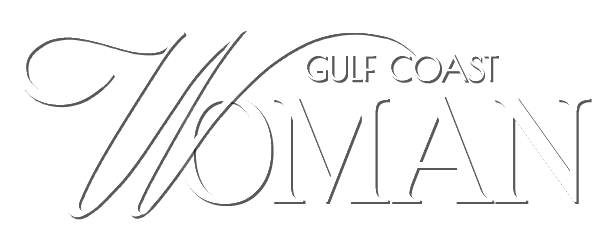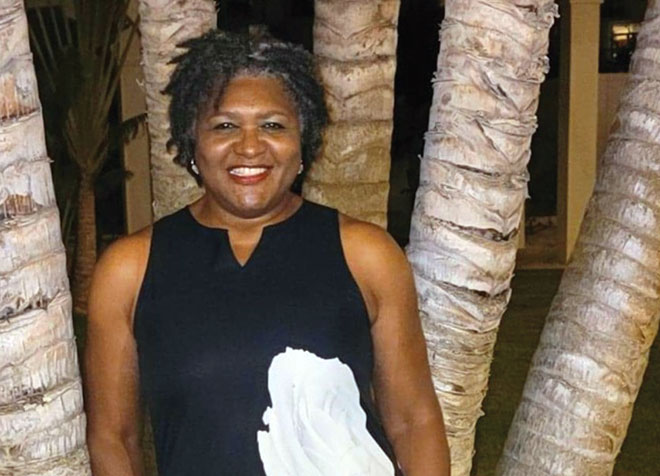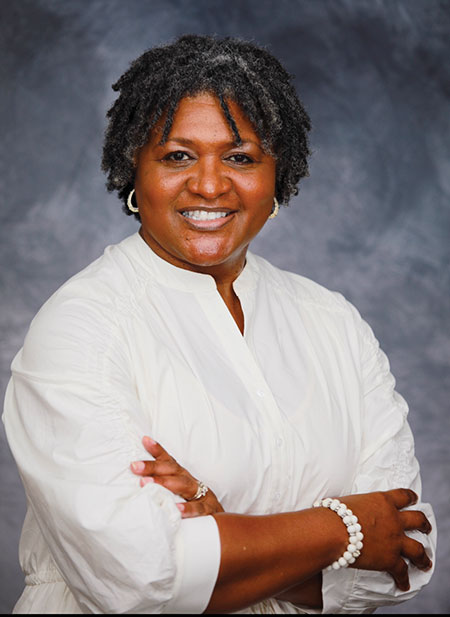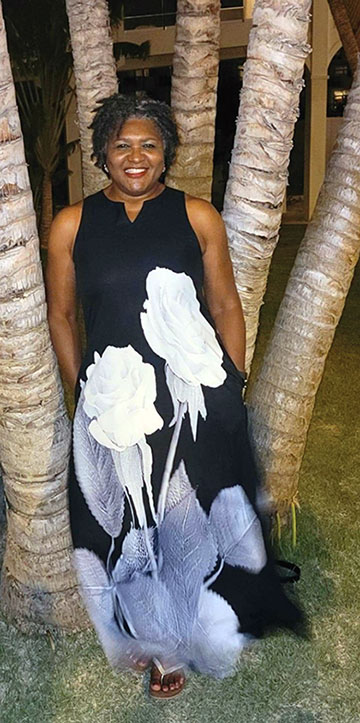The American Cancer Society estimates that in 2022:
- About 287,850 new cases of invasive breast cancer will be diagnosed in women
- About 43,250 women will die from breast cancer
On average, a woman’s risk of developing breast cancer is about 13 percent. If you haven’t battled the disease yourself, it’s likely that someone close to you has or will in her lifetime.
All woman affected by breast cancer have a unique story to tell, each underscored by perseverance and courage. Here, two Coast women open up about how the disease has impacted their lives.
Michelle is an IEP (individualized educational plan) coach and autism advocate. She is married to Mitchell Ellerby Jr. and is mom to a 12-year-old son, Mitchell Ellerby III. As the mother of a son with autism spectrum disorder, a significant part of her life is spent serving as the voice for autism and special needs in Mississippi Gulf Coast communities.
What is your family’s history with breast cancer?
My mother and three of her sisters were diagnosed with and passed away from breast cancer. Living with Alzheimer’s at the age of 73, my mother was diagnosed with stage-four breast cancer in February of 2020. She passed away on March 4, 2020.
What steps did you decide to take to mitigate your own risk?
Due to several abnormal mammograms, more frequent mammograms and a strong family history, I started the process of getting genetic testing to see if I carried the BRCA-1 or BRCA-2 mutation. Those mutations are linked to an increased risk of breast cancer. I do not have BRCA-1 or BRCA-2. However, I do have a strong family history of breast cancer.
After receiving the results of my testing, I determined that I have a 39 percent chance that I will develop breast cancer. After many discussions with my husband, I made the decision to have my breasts removed.
What did you do, and why did you make this decision?
In April of this year, I had a prophylactic double mastectomy, which is the removal of both breasts to prevent the development of breast cancer. I chose to have a mastectomy because of my 12-year-old son. The decision I made was very personal and required undergoing an intense surgery and recovery.
If anyone criticized my choice, I wasn’t aware of it. If anything, I had encouragement from my family members and close friends. It required a lot of research, medical consultations and, most importantly, prayer, to make the final decision.
Recently, after the recovery from the second phase of my surgery and for the first time, I said to my husband, “I always felt I would most likely get breast cancer.” He was my biggest supporter and the best caregiver. He cared for our son, getting him ready for school. He prepared my meals, helped me with showering and getting in and out of bed, recorded and emptied my drains and made sure I was on schedule with my medications.
I am not risk-free for cancer; however, this drastically reduces my chance of getting breast cancer. I am known as a “previvor,” someone who is at a greater risk for developing cancer due to an inherited condition or strong family history.
Is there anything you wish you would have known going into the procedure?
My extensive research and several consultations with the medical team performing my surgeries prepared me, so I knew what to expect.
Would you do the procedure over again. Why or why not?
I would have a prophylactic double mastectomy over again. Knowing that I made the decision to prevent being diagnosed with the disease that took my mother from me, as well as taking the lives of her three sisters, gives me a peace of mind.
What message or words of advice do you have for other women? For others who are considering the same steps to mitigate their risk?
If would be my pleasure to share my journey with anyone facing the dreaded question: “Will this be the year I get a breast cancer diagnosis?” Find a support group; it can be your family or your friends. In my case, it was a friend/mother figure, who also made the decision years ago to have her breast removed and was a huge support to me.
What have you learned and gained from being on this journey? How has it changed you and your life?
On my journey, I learned that no matter how many medical consultations, or how much research I’ve done or how many discussions I’ve had with others, the final decision was totally up to me. I have become an advocate for me. I became an advocate to save my life from a disease that took several strong women in my family away from me and their children.
How do you feel about yourself and your decision today?
This journey has made me think about other ways I can make improvements for a healthy lifestyle. I see my decision as more time added to my life so I can see my handsome “SONshine,” Mitchell, grow into the extraordinary man I know he will become and grow old with my husband.






2 Comments
Leave a Reply